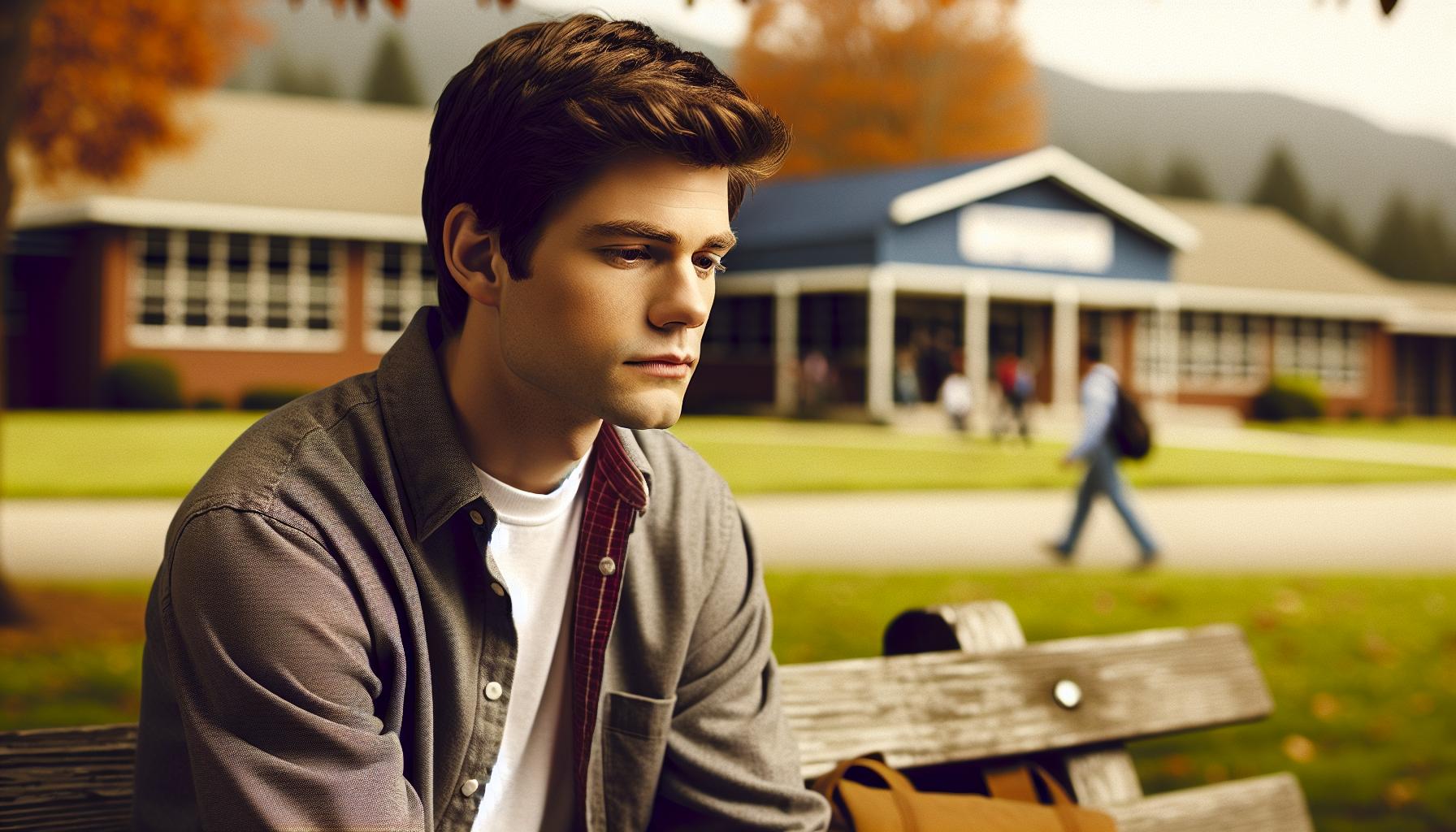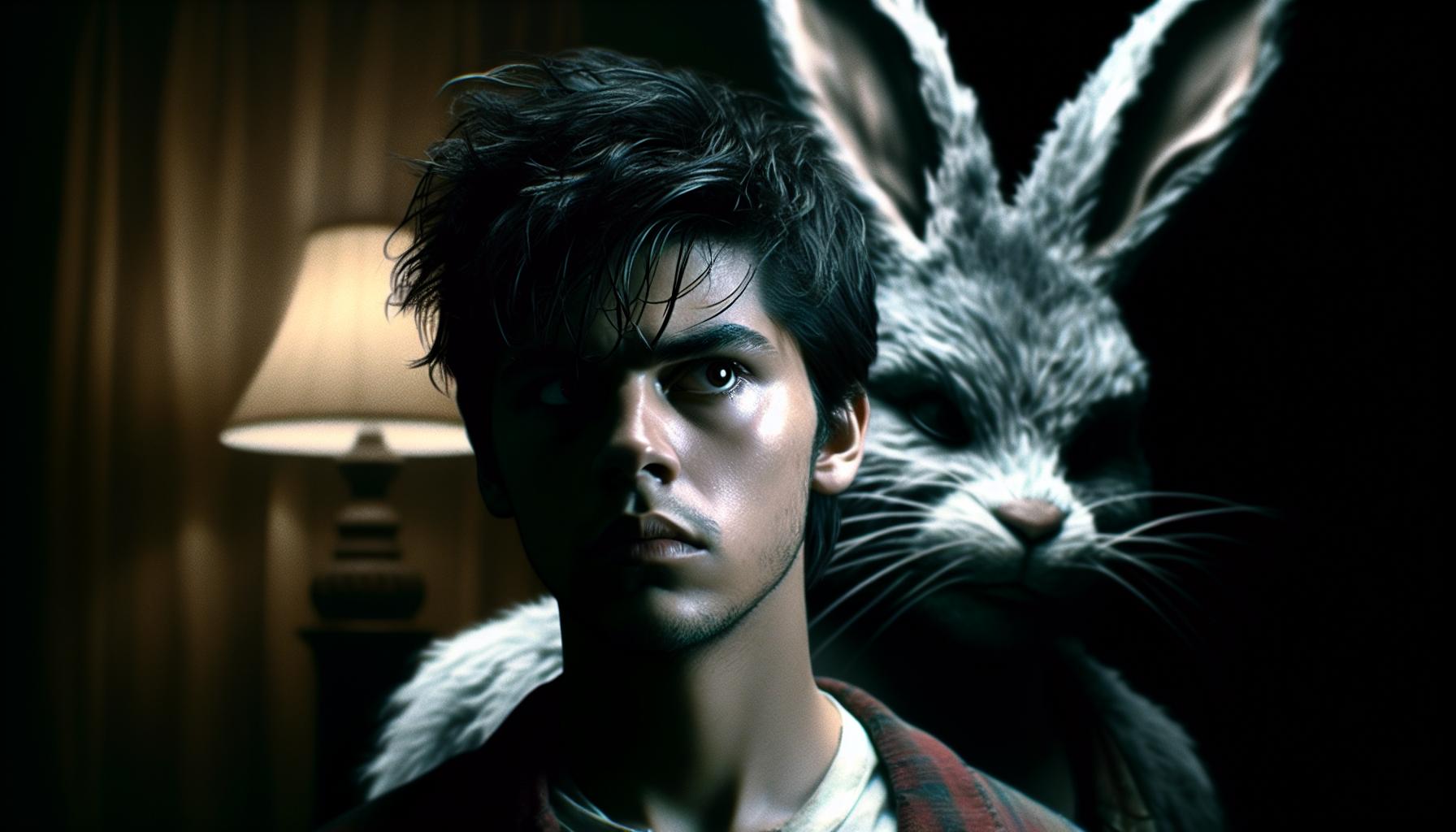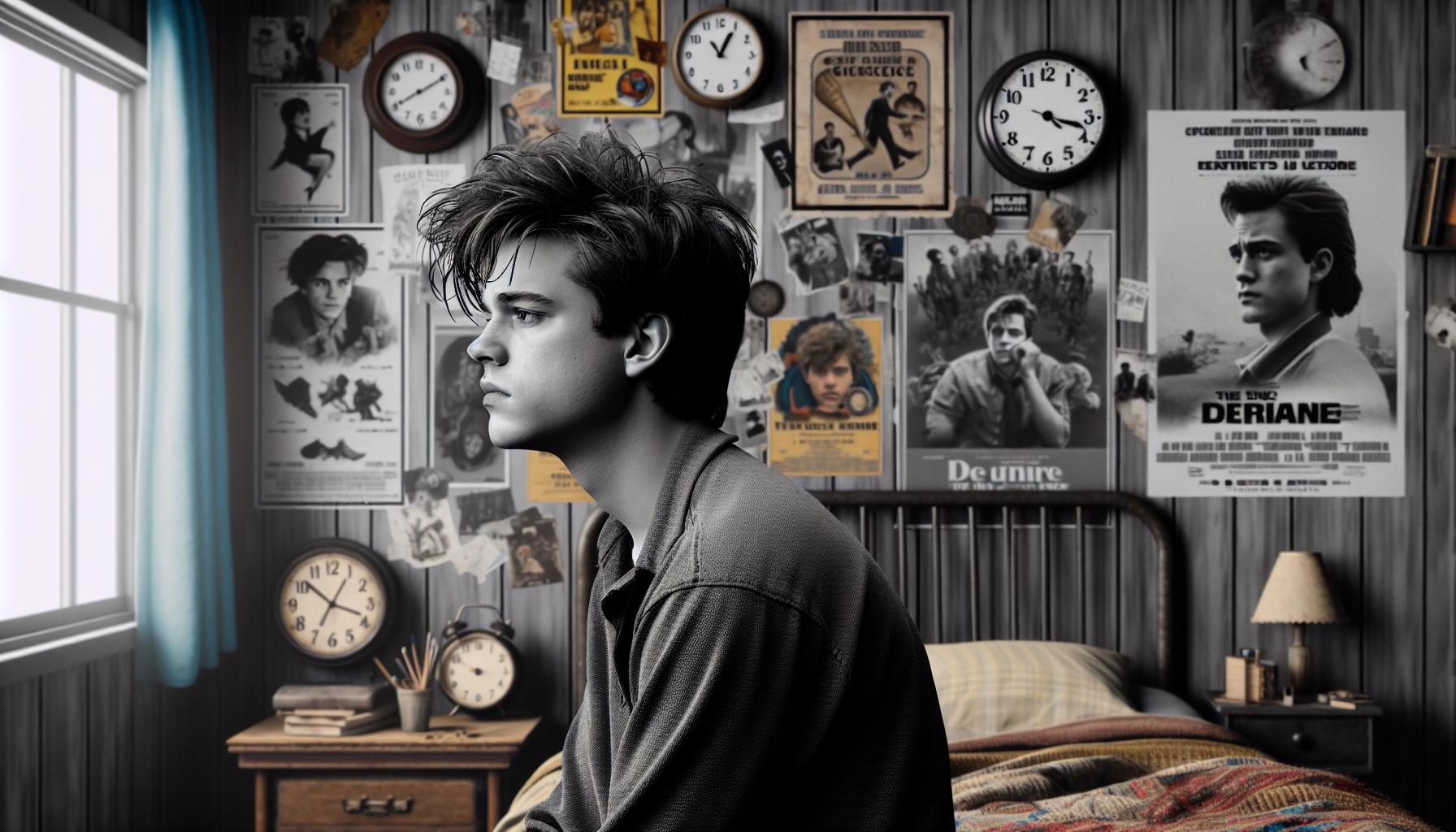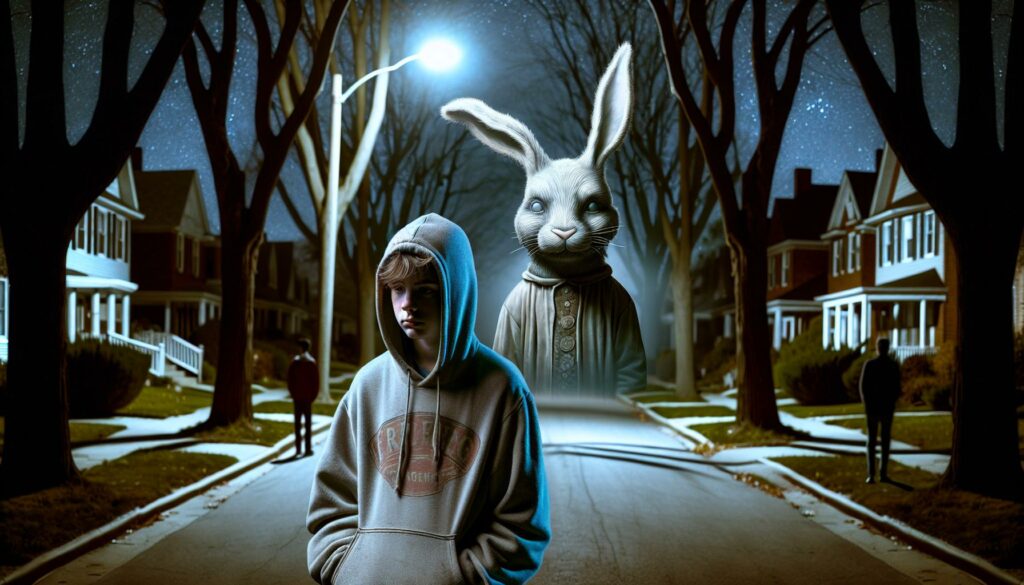In the twisted world of Donnie Darko, reality bends and warps in ways that leave viewers questioning their own sanity. This cult classic isn’t just a mind-bending thriller; it’s a deep dive into the complexities of mental health, particularly schizophrenia. Donnie, the troubled teen, navigates a landscape where time travel and giant rabbits collide, all while grappling with his own psychological demons.
But what if Donnie’s experiences are more than just a cinematic trick? Could they be a reflection of the struggles faced by those living with schizophrenia? This article explores the fine line between genius and madness, unraveling the layers of Donnie’s psyche, and maybe even discovering a few laughs along the way. Buckle up for a journey that’s both enlightening and entertaining—because who knew mental health could be this captivating?
Donnie Darko Schizophrenia
“Donnie Darko” explores the journey of a troubled teen navigating the complex layers of mental health issues. The film offers a glimpse into the interplay of reality and fantasy.
Plot Summary
The narrative follows Donnie Darko, a high school student experiencing bizarre occurrences. A mysterious figure, Frank, a giant rabbit, compels him to commit unusual actions. As events unfold, Donnie grapples with time travel and existential questions. These elements intertwine, leading to chilling realizations about fate and free will. The film culminates in a powerful climax that leaves viewers contemplating Donnie’s fate and the impacts of his choices. Surreal imagery and haunting soundtracks deepen the unsettling atmosphere, leaving a lasting impression.
Key Themes
Mental illness emerges as a significant theme within “Donnie Darko.” It delves into schizophrenia, emphasizing the character’s isolation and struggles. Time travel serves as a metaphor for choices and consequences, accentuating the complexity of Donnie’s reality. Family dynamics also play a crucial role, revealing the impact of societal expectations. The interplay between genius and madness reflects broader conversations about creativity and mental health. Ultimately, “Donnie Darko” invites audiences to reflect on perceptions of reality and the nuances of the human mind.
Understanding Schizophrenia

Schizophrenia represents a complex mental health condition affecting an individual’s thoughts, feelings, and behaviors. It manifests in various ways, often hindering daily functioning.
Symptoms and Diagnosis
Symptoms of schizophrenia typically include delusions, hallucinations, disorganized thinking, and impaired functionality. Delusions manifest as strong beliefs that contradict reality, while hallucinations involve perceiving things that aren’t present, such as voices. Diagnosis often entails a comprehensive clinical assessment, where mental health professionals evaluate symptom duration and impact. Standard assessment criteria include the Diagnostic and Statistical Manual of Mental Disorders (DSM-5). Tracking symptoms helps differentiate schizophrenia from other mental health disorders. In Donnie Darko, viewers observe elements that might resemble these symptoms, prompting discussions about his mental state.
Societal Misconceptions
Misconceptions surrounding schizophrenia frequently perpetuate stigma. Society often portrays individuals with schizophrenia as violent or dangerous, which misrepresents the reality of the condition. Many people with schizophrenia live productive lives with appropriate treatment and support. Research indicates that the vast majority do not engage in violent behavior. Increased awareness refutes harmful stereotypes and encourages understanding of mental health. Films like Donnie Darko contribute to these perceptions, showcasing the challenges faced by those experiencing psychological distress. Emphasizing empathy and education reduces stigma while fostering acceptance and support.
Donnie Darko’s Portrayal of Schizophrenia

“Donnie Darko” presents a multifaceted view of schizophrenia. Through the character of Donnie, the film explores the tension between reality and his distorted perceptions.
Character Analysis of Donnie
Donnie illustrates the complexities of schizophrenia effectively. His character embodies a blend of genius and turmoil, showcasing profound thoughts alongside troubling delusions. Confusion often shapes his interactions with others, highlighting symptoms such as paranoia and hallucinations. He frequently converses with Frank, a giant rabbit representing his internal struggle. Increased isolation characterizes Donnie’s experiences, emphasizing the disconnection from family and peers. As Donnie grapples with existential dilemmas, audiences witness the harsh realities faced by those living with mental health conditions.
Symbolism and Imagery
Symbolism plays a crucial role in conveying Donnie’s psychological state. The recurrent figure of Frank serves as a guide through his chaotic reality, functioning as an embodiment of his delusions. Notably, the use of time travel symbolizes Donnie’s longing for control over his life. Imagery throughout the film juxtaposes mundane settings with surreal experiences. The dark, ominous motifs reflect the inner turmoil of Donnie’s mind, inviting viewers to contemplate the intersection of mental health and reality. Vivid imagery of the giant rabbit reinforces themes of fate and existentialism, compelling audiences to reflect on the fragility of perception.
Psychological Interpretations

“Donnie Darko” explores the psychological underpinnings of its titular character, offering a rich analysis of mental health through its unique narrative elements. The film invites viewers to contemplate the complex interplay between reality, fantasy, and mental illness.
The Role of Time Travel
Time travel serves as a significant narrative device in “Donnie Darko.” It emphasizes the nonlinear nature of Donnie’s experience, illustrating how his perception of time reflects his mental struggles. Donnie’s ability to manipulate time symbolizes his desire to regain control over his life and choices. Each time travel sequence reveals moments of introspection, allowing exploration of consequences from his decisions. This concept resonates with those grappling with schizophrenia, where fragmented realities can distort an individual’s sense of time and agency. As Donnie navigates these layers of alternate realities, he showcases the confusing nature of mental illness while providing viewers with a deeper understanding of his psyche.
The Influence of Mental Illness on Choices
Mental illness profoundly influences Donnie’s choices throughout the film. His schizophrenia drives him into isolation and uncertainty, impacting relationships with family and friends. When faced with critical decisions, Donnie’s distorted perceptions often blur the line between reality and delusion. This internal struggle highlights how mental illness complicates the decision-making process, as individuals grapple with fear and confusion. Delusions can lead to impulsive actions, making it challenging to evaluate consequences accurately.
The film illustrates how fear shapes Donnie’s choices, ultimately questioning how mental health conditions affect not only the individual but also their social interactions. While navigating these challenges, he simultaneously grapples with existential concerns, reinforcing the connection between mental health and the complexity of human choices.
Perception vs Reality
“Donnie Darko” serves as a profound exploration of schizophrenia and its impact on perception and reality. Through Donnie’s journey viewers gain insight into the complexities of mental health and the societal misconceptions that often surround it. The film’s unique blend of surrealism and psychological depth encourages a deeper understanding of the struggles faced by those living with mental illness.
As audiences reflect on Donnie’s choices and the symbolism woven throughout the narrative they are prompted to reconsider their perceptions of mental health. This cult classic not only entertains but also fosters empathy and awareness, highlighting the importance of compassionate dialogue surrounding mental health issues. Ultimately, “Donnie Darko” stands as a testament to the intricate relationship between genius, madness, and the human experience.



